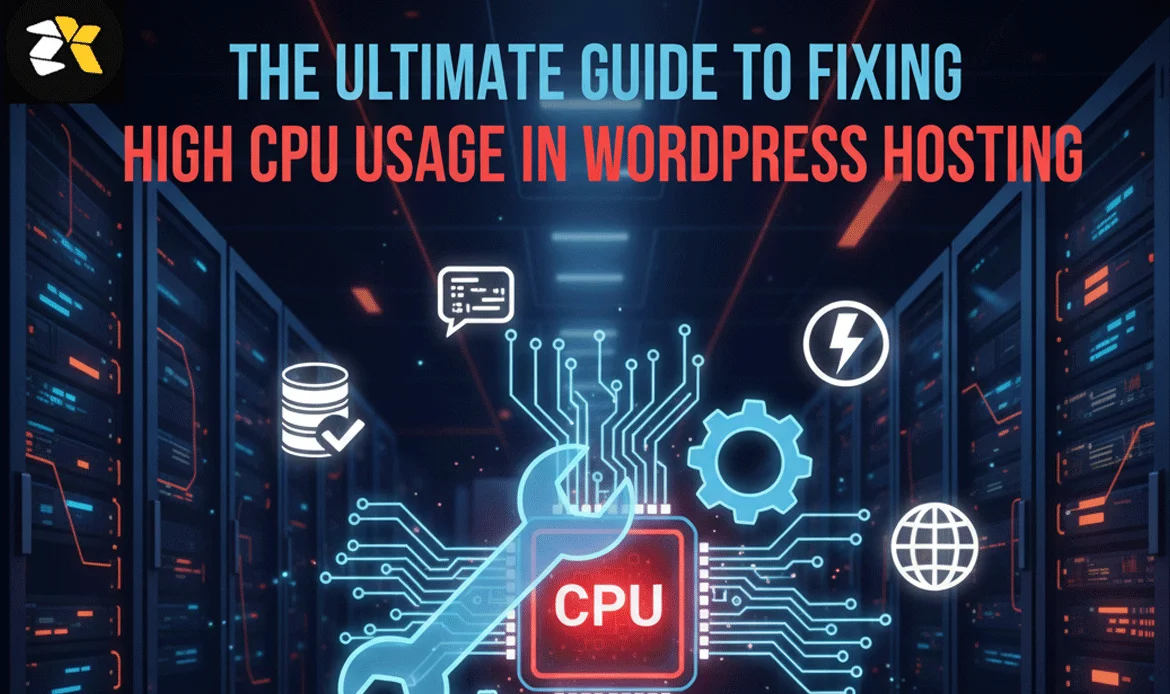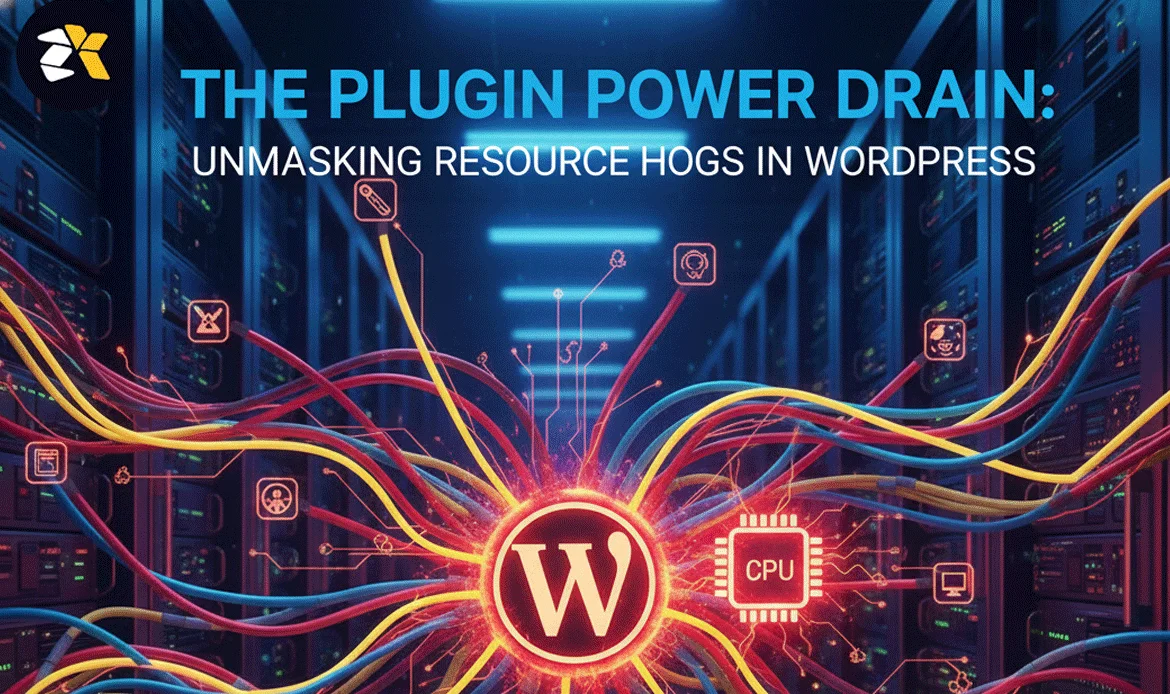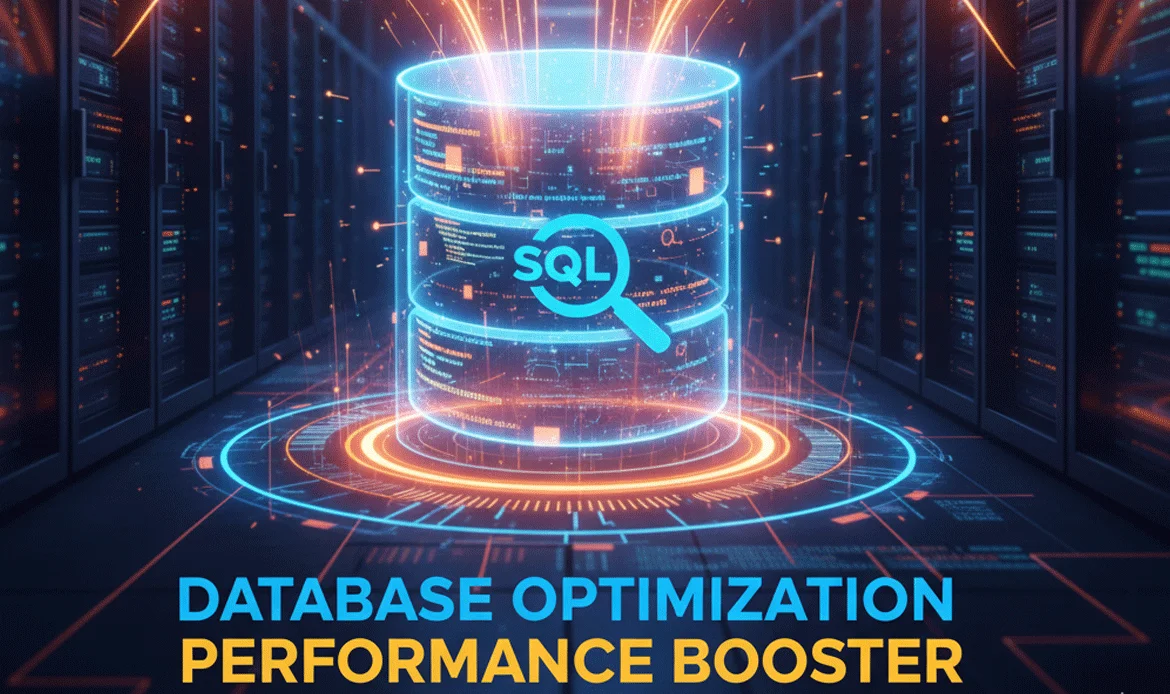Experiencing performance slowdowns, timeouts, or unexpected spikes in resource consumption often points to High CPU Usage in WordPress Hosting, a common issue for growing websites. When your CPU usage increases, your server struggles to process PHP requests, database queries, and plugin operations efficiently, leading to a noticeable dip in overall site performance. Understanding the real reasons behind these spikes such as unoptimized plugins, heavy themes, bad bots, cron jobs, or outdated hosting helps you apply the right fixes instead of temporary patches. With the right optimizations, you can reduce CPU load, improve stability, and ensure that your WordPress website performs at peak speed across all devices and traffic levels.
Proven Ways to Reduce CPU Load and Improve WordPress Performance
1. Understanding the Root Causes of CPU Overload in WordPress
2. How Server Resources Affect Website Speed and Stability
Every WordPress site relies on server resources like CPU power, RAM, and disk I/O. When any of these become strained, performance immediately drops. A small spike in traffic, a bulk action in the admin panel, or a misbehaving plugin can drain CPU capacity quickly. Ensuring your server is properly scaled for your website’s needs prevents unexpected slowdowns. Hosting upgrades, optimisation techniques, and proper caching all play a major role in maintaining consistent speed.3. Why Plugins Play a Major Role in Resource Consumption
4. The Impact of Theme Optimization on Hosting Performance
Your theme affects more than design—it impacts speed, query load, and CPU consumption. Heavy themes packed with animations, sliders, or excessive script files increase server workload. Switching to a lightweight, performance-optimized theme reduces CPU strain as pages load faster with fewer processing steps. Clean coding, optimized assets, and minimal dependencies create a smooth experience for users and less load on hosting servers.5. Database Optimization as a Core Performance Booster
6. Using Smart Caching to Limit Server Processing
Caching is one of the most powerful ways to reduce CPU activity. By storing static versions of pages, your server avoids regenerating content every time a visitor loads your site. Without caching, WordPress processes PHP scripts and database queries repeatedly, causing CPU spikes. With page caching, object caching, and browser caching working together, your site delivers faster results with minimal server load.7. Identifying Bot Traffic and Preventing Resource Abuse
8. How Cron Jobs and Scheduled Tasks Increase CPU Demand
WordPress relies on its Cron system to run scheduled tasks like updates, backups, emails, and plugin operations. But when too many cron events run simultaneously or too frequently, your CPU usage escalates. Replacing WP Cron with a real server cron job improves efficiency and eliminates unnecessary task execution. Managing schedules properly ensures that background processes no longer overwhelm your hosting environment.9. The Role of CDNs in Reducing Hosting Load
Frequently Asked Questions About Fixing High CPU Usage in WordPress Hosting
What causes high CPU usage in WordPress hosting?
High CPU usage in WordPress hosting is typically caused by heavy plugins, unoptimized databases, excessive bots, frequent cron jobs, and poorly coded themes. These processes increase server load, resulting in slower performance and occasional timeouts.
How can plugins increase CPU usage on a WordPress site?
Plugins that run background scans, automated tasks, or large database queries can overload the server CPU. Replacing heavy plugins with lightweight alternatives and disabling unused ones helps reduce unnecessary processing.
Can caching really help reduce CPU usage in WordPress?
Yes. Caching reduces CPU usage by serving static versions of your pages instead of generating them dynamically for every visitor. Full-page caching, browser caching, and object caching significantly lower server processing demands.
How do I know if bots are causing CPU spikes?
If your logs show repeated requests from unknown IPs or unusual crawl patterns, bots may be the cause. Security plugins, firewalls, and bot-blocking tools help identify and stop unwanted crawlers from consuming CPU resources.
Can an unoptimized database cause high CPU usage?
Yes. A cluttered database with outdated revisions, transients, spam comments, or orphaned tables forces the server to execute slower queries, increasing CPU load. Regular cleanups and table optimization help restore performance.
Conclusion
Managing High CPU Usage in WordPress Hosting is essential for maintaining speed, stability, and a seamless user experience. By optimizing plugins, caching pages, cleaning databases, and upgrading hosting when necessary, you can ensure your website stays fast regardless of traffic levels. Consistent monitoring and a performance-focused mindset help your WordPress site deliver superior results every day.
Boost Your Website’s Speed With a High-Performance Theme
Our premium WordPress themes from ZozoThemes deliver blazing-fast loading times, SEO-ready structure, and smooth performance—perfect for websites that demand reliability and scalability. Upgrade your website with a theme built for modern speed standards and long-term growth.







